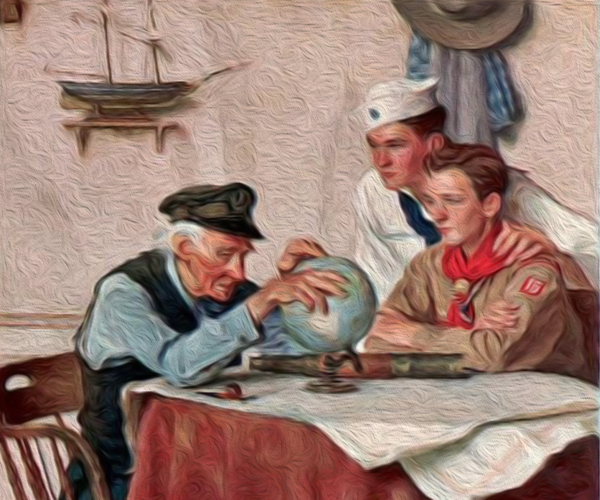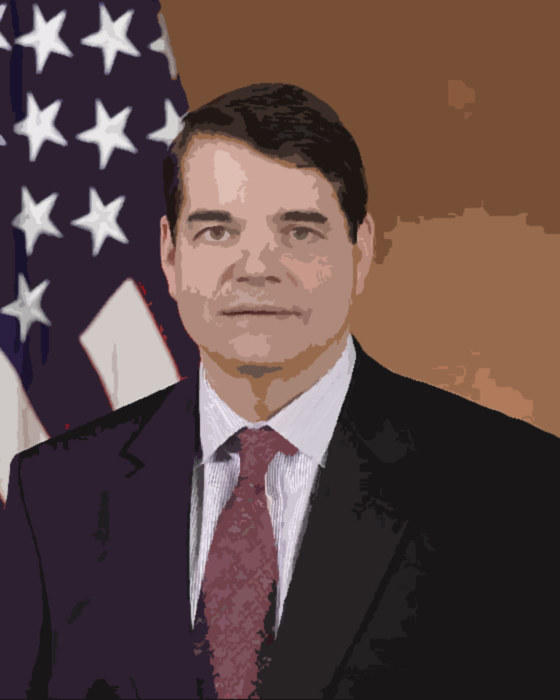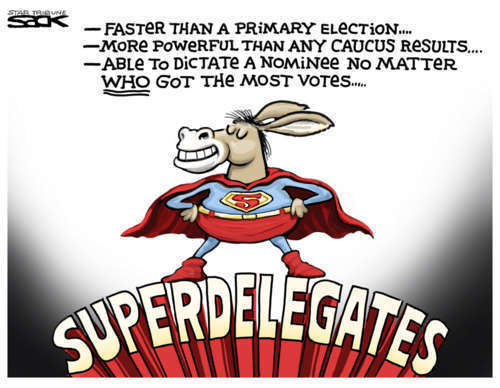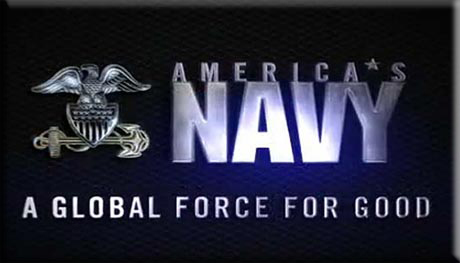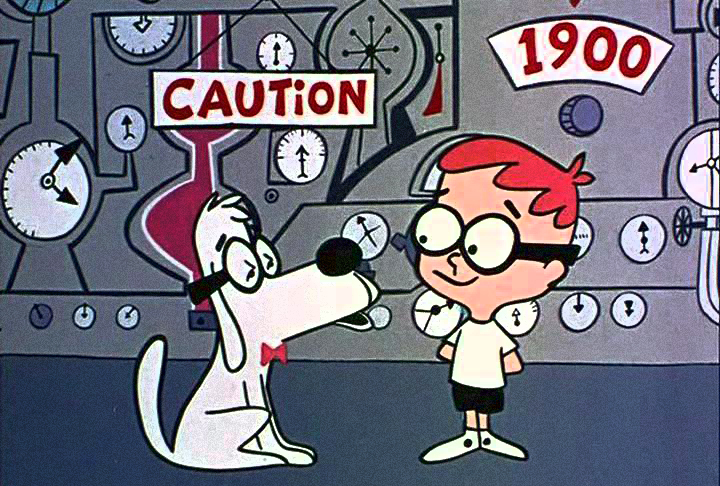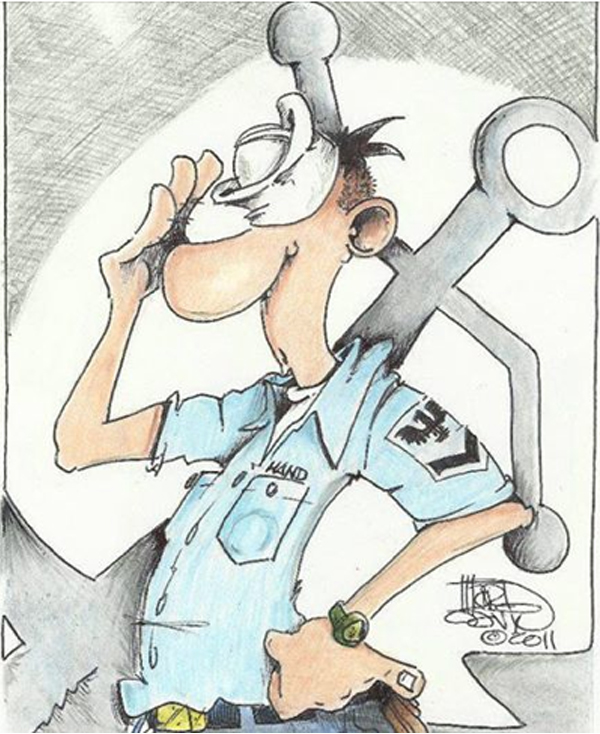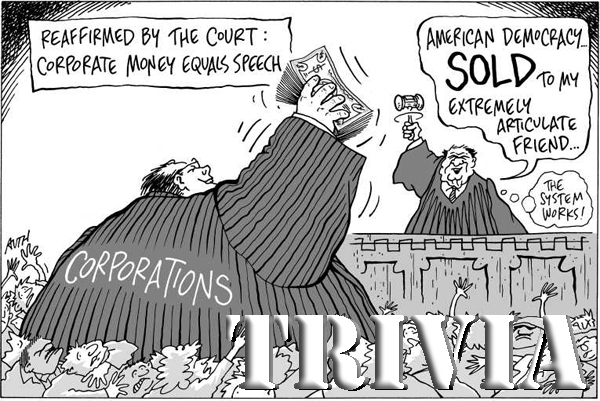
Armistice ends the Korean War on July 27, 1953
Armistice ends the Korean War: After three years of a bloody and frustrating war, the United States, the People’s Republic of China, North Korea, and South Korea agree to an armistice, bringing the Korean War to an end. The armistice ended America’s first experiment with the Cold War concept of “limited war ”.
The Korean War began on June 25, 1950, when communist North Korea invaded South Korea. Almost immediately, the United States secured a resolution from the United Nations calling for the military defense of South Korea against the North Korean aggression. In a matter of days, U.S. land, air, and sea forces had joined the battle. The U.S. intervention turned the tide of the war, and soon the U.S. and South Korean forces were pushing into North Korea and toward that nation’s border with China. In November and December 1951, hundreds of thousands of troops from the People’s Republic of China began heavy assaults against the American and South Korea forces.
The war eventually bogged down into a battle of attrition. In the U.S. presidential election of 1952, Republican candidate Dwight D. Eisenhower strongly criticized President Harry S. Truman’s handling of the war. After his victory, Eisenhower adhered to his promise to “go to Korea.” His trip convinced him that something new was needed to break the diplomatic logjam at the peace talks that had begun in July 1951. Eisenhower began to publicly hint that the United States might make use of its nuclear arsenal to break the military stalemate in Korea. He allowed the Nationalist Chinese government on Taiwan to begin harassing air raids on mainland China. The president also put pressure on his South Korean ally to drop some of its demands in order to speed the peace process.
Whether or not Eisenhower’s threats of nuclear attacks helped, by July 1953 all sides involved in the conflict were ready to sign an agreement ending the bloodshed. The armistice, signed on July 27, established a committee of representatives from neutral countries to decide the fate of the thousands of prisoners of war on both sides. It was eventually decided that the POWs could choose their own fate–stay where they were or return to their homelands.
A new border between North and South Korea was drawn, which gave South Korea some additional territory and demilitarized the zone between the two nations. The war cost the lives of millions of Koreans and Chinese, as well as over 50,000 Americans. It had been a frustrating war for Americans, who were used to forcing the unconditional surrender of their enemies. Many also could not understand why the United States had not expanded the war into China or used its nuclear arsenal. As government officials were well aware, however, such actions would likely have prompted World War III.
History Channel / Wikipedia / Encyclopedia Britannica / National Archives / Korean War.org


